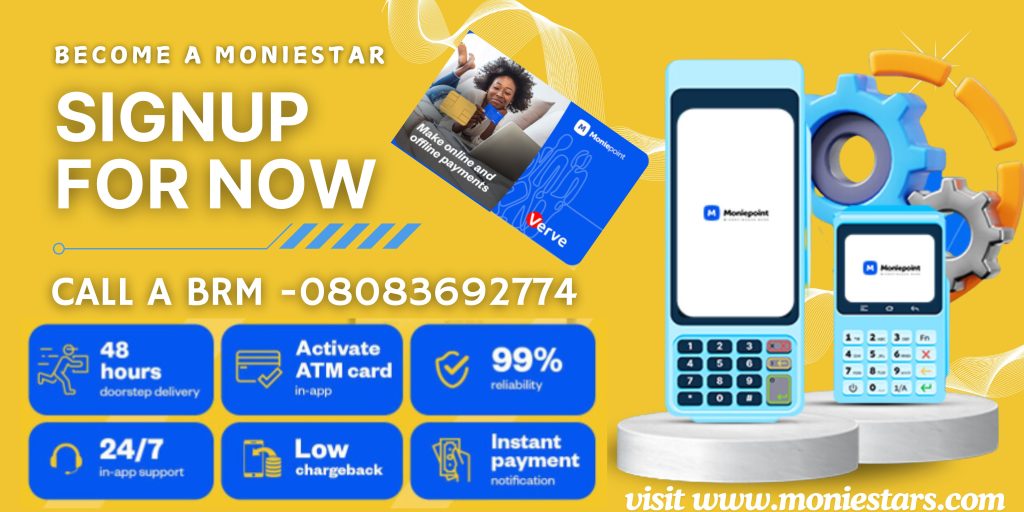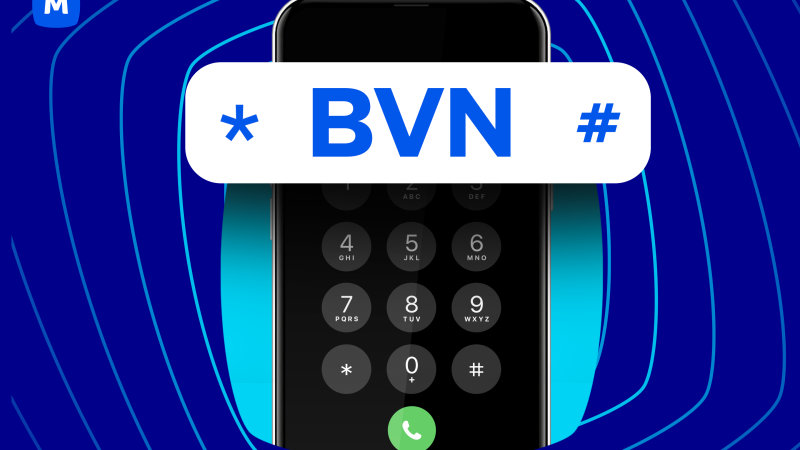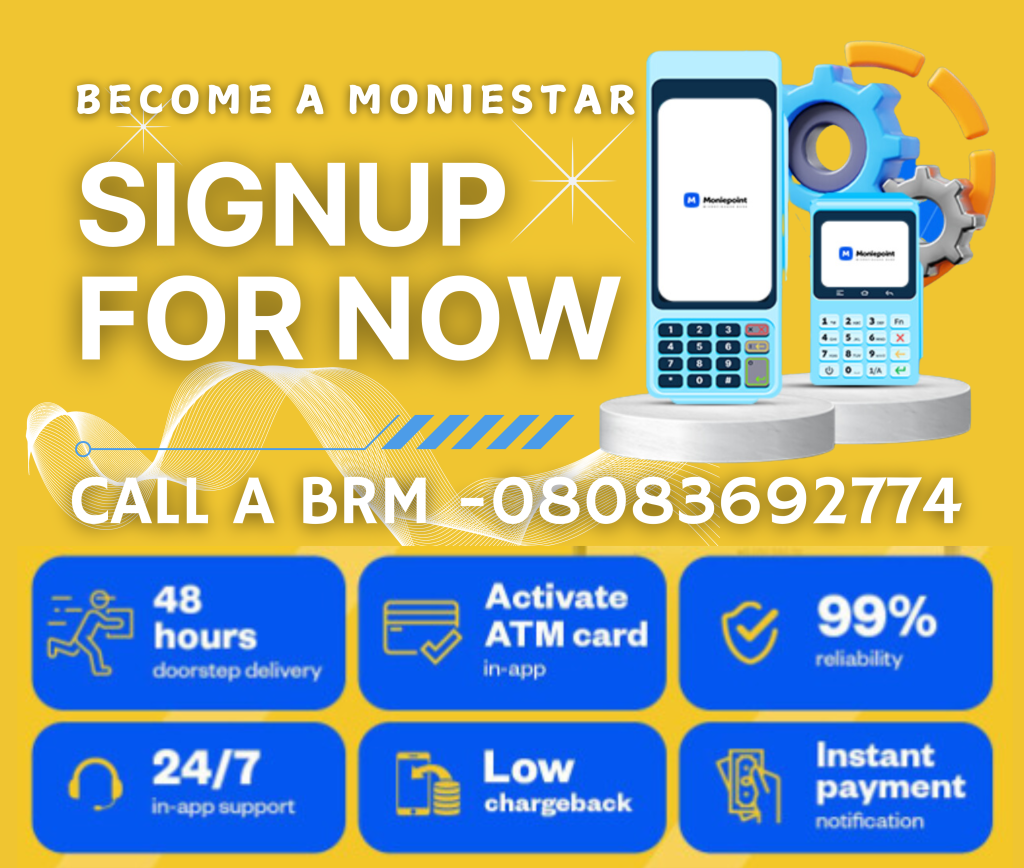How to Create a Moniepoint Business Account in Minutes
Setting up a business account can feel overwhelming, but with Moniepoint, it’s super easy! Whether you’re a small business owner or running a larger operation, having a dedicated account to manage your finances is essential. And the best part? Moniepoint has made the process smooth and stress-free.
Why Go for a Moniepoint Business Account?
Moniepoint isn’t just any business account. You get features like payment processing, business loans, and POS systems, all in one place. It’s designed to make managing your business easier, so you can focus on what matters—growing your hustle.
So, How Do You Get Started
- Visit the Moniepoint Website or App
Hop on the Moniepoint website or download their app from your phone’s app store.
- Sign Up
Click “Create an Account” and fill in your business and personal info (like your business name, address, and phone number).
- Verify Your Details
You’ll need to upload a government-issued ID (like your National ID or Driver’s License) to verify your identity.
- Activate and Go!
Once everything checks out, your business account will be activated, and you’re ready to start managing payments and more.
Watch this Quick Video to See How Easy It Is:
That’s it—no complicated steps, just a simple way to get your business finances up and running with Moniepoint. Why wait? Set up your account today!

You Might also like
-
CAC Registration
The Big Oxmox advised her not to do so, because there were thousands of bad Commas, wild Question.
-
How to Check your Bank Verification Number
The Big Oxmox advised her not to do so, because there were thousands of bad Commas, wild Question.
-
7 Smart Financial Habits
7 Smart Financial Habits for Your First Paycheck
Getting your first paycheck—or a significant salary bump—is an exciting milestone. But as thrilling as it is, managing your finances wisely from the start is crucial to building a stable future. Let’s look at seven practical money habits to adopt with your first salary.
1. Track Your Expenses
Start by listing fixed monthly expenses like rent, utilities, and subscriptions. Tools like budgeting apps or even a simple notebook can help you monitor spending and stay in control.
2. Create a Budget
Use the 50-30-20 rule:
- 50% for needs (e.g., rent, groceries).
- 30% for wants (e.g., outings, hobbies).
- 20% for savings.
This balance ensures you spend wisely while setting aside funds for the future.
3. Build an Emergency Fund
Prepare for unexpected expenses by creating a safety net. Aim to save enough to cover six months of living costs. Consider keeping this fund in a high-yield savings account for added growth.
4. Pay Off Debts
If you have any debts, prioritize paying them off. Avoid unnecessary loans, and make repayment part of your financial plan to secure your future.
5. Start Investing
The earlier you invest, the better. Explore options like mutual funds or stocks that align with your risk appetite. Even small investments can grow significantly over time.
6. Use Your Disposable Income Wisely
After covering essentials and savings, enjoy the rest responsibly. Treat yourself, but avoid overspending—balance is key.
7. Plan for Retirement
Start contributing to retirement savings now. Compound interest will help your money grow, and employer-sponsored plans can boost your efforts.
Conclusion
Your first paycheck is more than just a reward—it’s a stepping stone to long-term financial health. By adopting these habits, you’ll build a foundation for stability and success.
Post Views: 118



